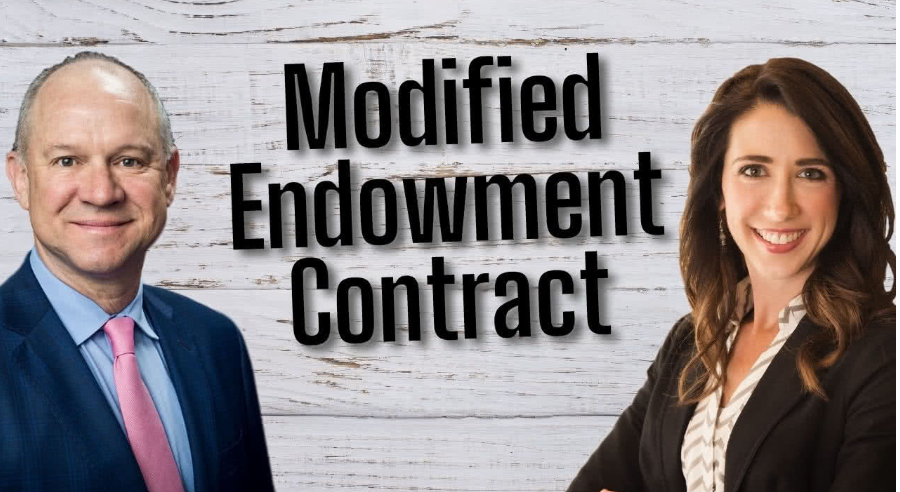When contemplating the legacy you wish to leave behind, a robust estate plan is invaluable. It’s crucial to ensure your assets are distributed according to your wishes rather than defaulting to state laws through probate court—a process often synonymous with stress and delay, particularly during a time of mourning.
Understanding the distinctions between a will and a living trust is essential, as they serve different purposes and may suit different needs depending on factors like the size of your estate and whether you have minor children.
Living Trust vs. Will: Key Differences
Foundation and Purpose:
A will is a straightforward document that outlines your asset distribution desires upon your death. It is relatively simple to create and can also specify guardians for minor children, among other things.
Conversely, a living trust is a more complex legal arrangement that holds your assets during your lifetime. Upon your death, these assets are transferred to your designated beneficiaries outside of probate, facilitating a quicker and private distribution process.
Setting Up:
Creating a will is generally simpler and less costly than setting up a living trust. A will can often be drafted without legal assistance and requires only your signature and witnesses. A living trust, however, typically necessitates legal guidance to establish and involves transferring ownership of your assets into the trust—a process that demands ongoing management.
Functionality:
The primary advantage of a living trust is avoiding the probate process, which can be lengthy and expensive. Trusts directly transfer ownership of assets to beneficiaries, whereas wills might require probate, incurring potential legal fees and delays.
Flexibility and Control:
Both wills and living trusts offer revocability, meaning you can alter them as your circumstances or decisions change. Trusts are particularly beneficial for managing your affairs if you become incapacitated, as they avoid the need for court-appointed conservatorship.
Privacy:
Unlike wills, which become public documents upon execution, living trusts maintain privacy concerning asset distribution and estate details.
Situational Considerations: Will, Trust, or Both?
Deciding whether a will or a living trust is more appropriate, or if you need both, involves evaluating several aspects:
- Minor Children: A will is necessary to appoint guardians for minor children. If you’re planning to leave property to minors, a trust can manage those assets until they are of age.
- Estate Size: Smaller estates might qualify for simplified probate processes, making a trust unnecessary.
- Debt Levels: High debt levels can diminish the net worth of your estate, potentially simplifying probate even with larger asset values.
- Privacy Concerns: A trust is preferable if you wish to keep the details of your estate private.
- Health Considerations: A trust can provide crucial management of your affairs without the need for court intervention if you become unable to manage them yourself.
Common Questions in Estate Planning
Who Needs a Trust?
Consider a living trust if your estate is large or complex, if you wish to maintain privacy, or if you want to ensure that your assets are managed according to your wishes without probate interference.
Who Needs a Will?
Almost everyone should have a will, particularly those who need to specify guardians for children or to dictate the handling of assets and debts not covered by a trust.
Which is Better?
There is no one-size-fits-all answer. Wills are less complex and cheaper to manage, while trusts provide faster, private distribution of assets.
Can You Have Both?
Yes, it’s often wise to have both a will and a living trust. The trust manages most of your assets, while the will covers any remaining specifics, including assets not placed in the trust.
Strategy for Estate Planning
Rather than choosing between a will and a trust, consider each as a potential component of a comprehensive estate plan. Consulting with an estate planning attorney can provide tailored advice based on your specific circumstances and needs. This dual approach ensures your assets are handled exactly as you wish, providing peace of mind to both you and your heirs.



